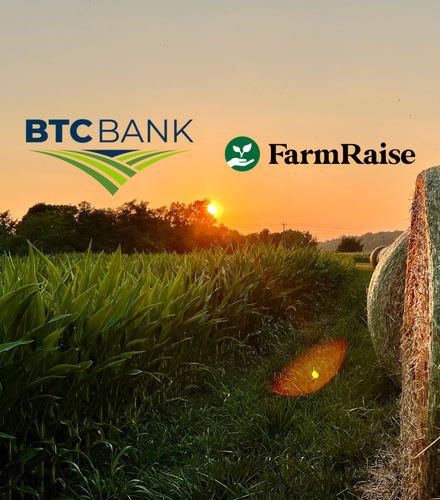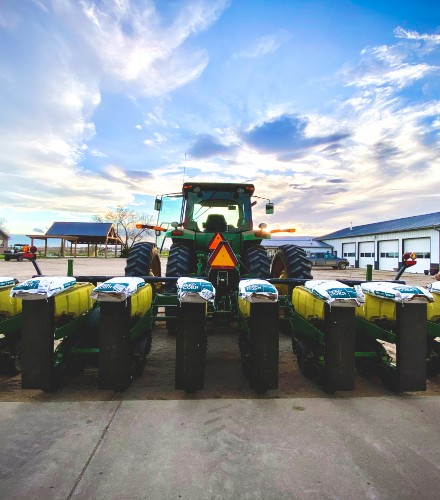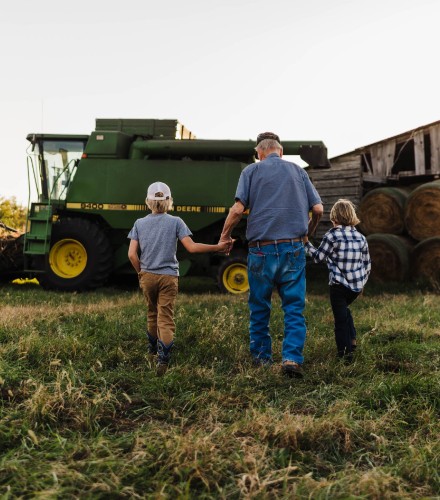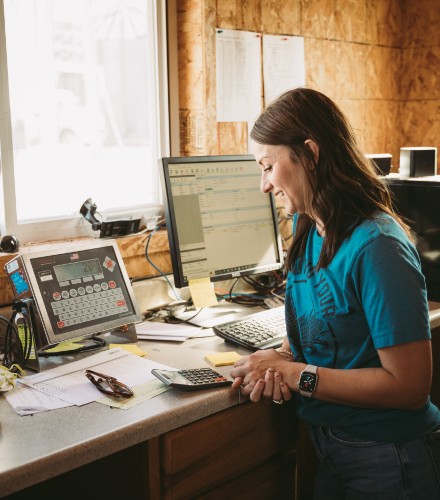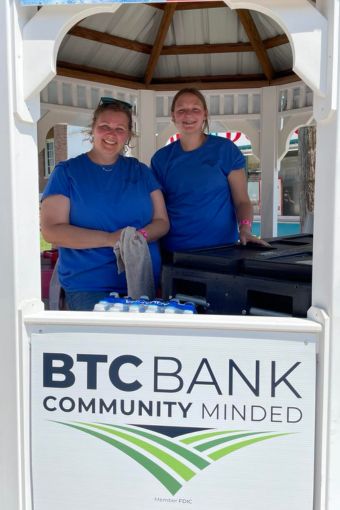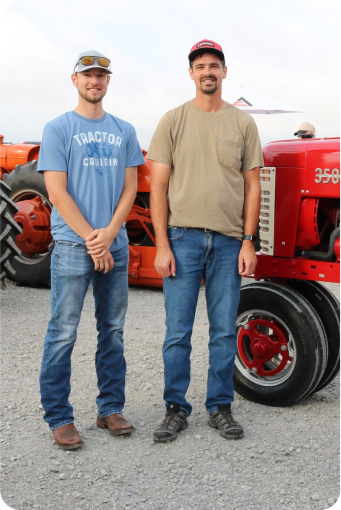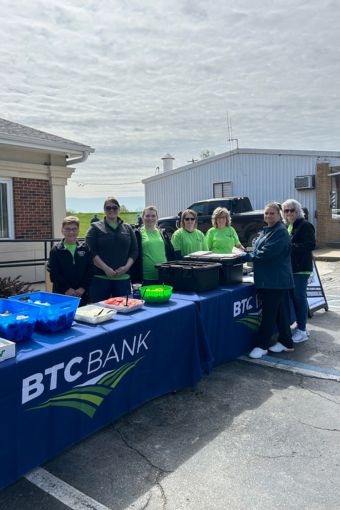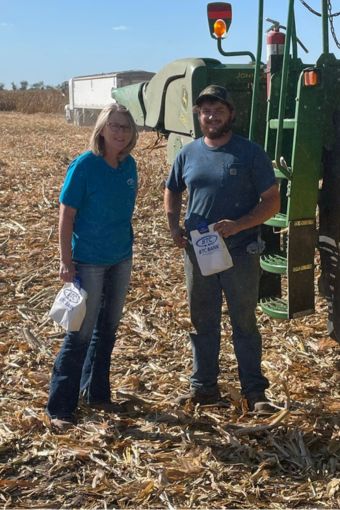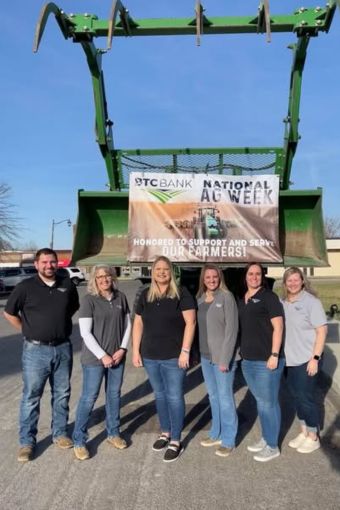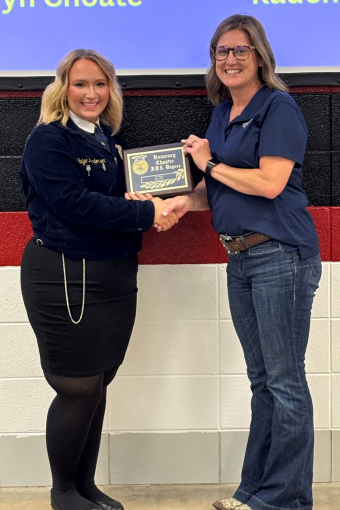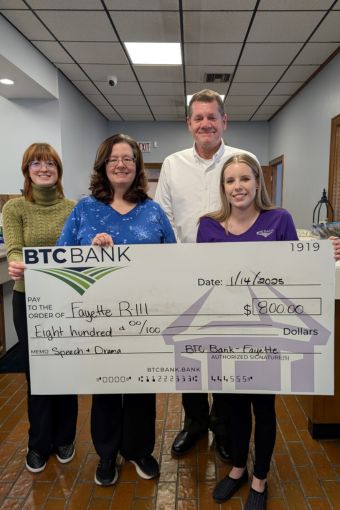BTC Bank customers can now access FarmRaise Tracks, a purpose-built farm accounting and record-keeping tool, for free.
BTC Bank
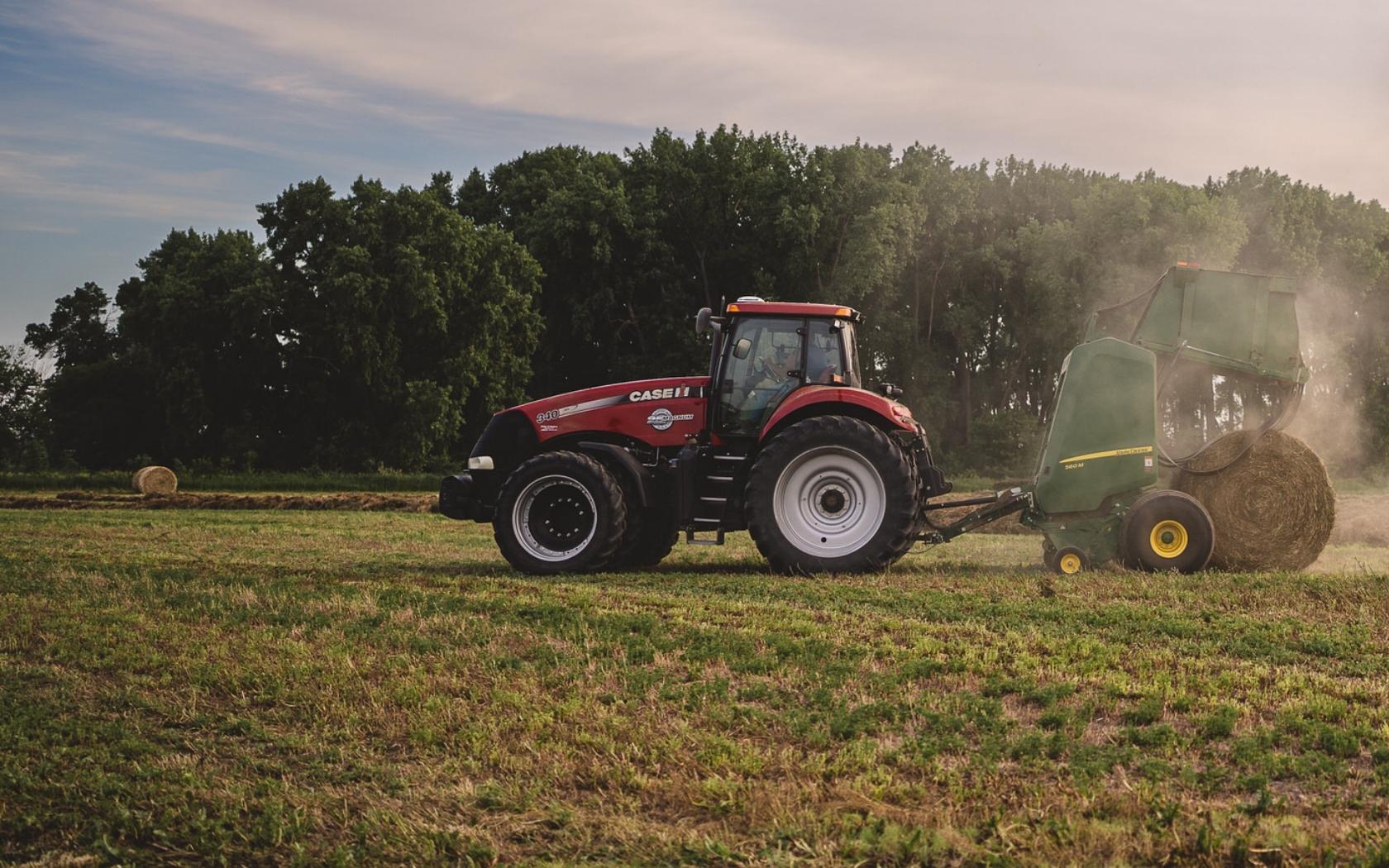
Tools to cultivate your farm's success
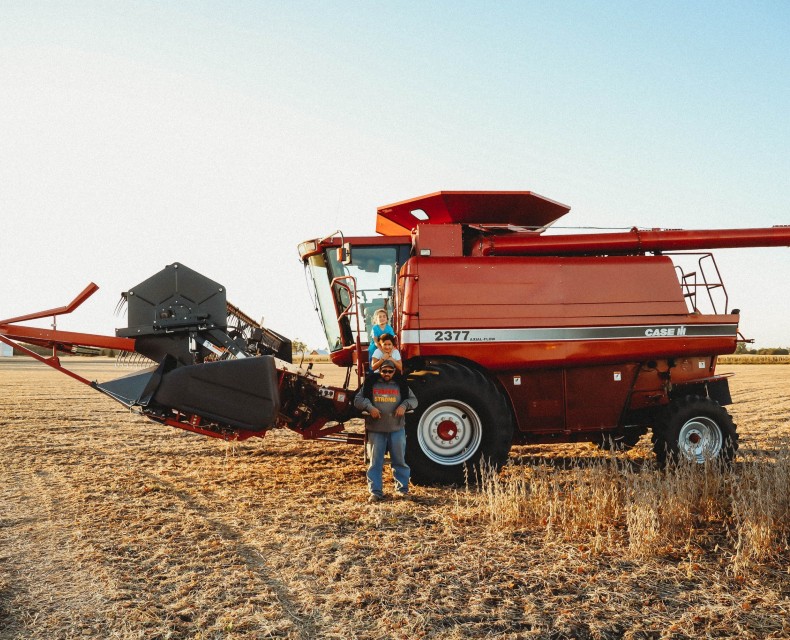.jpg)
Bank with Missouri's #1 Ag Bank
For over 100 years, we've been proud to serve farmers through the most profitable season and the toughest challenges.

Download the BTC
Bank App
Bank App

Download our app to manage your money from any device:
Deposit checks from your phone
Transfer money between accounts
Schedule bill payments
A spotlight on your favorites.
Here for Good. Since 1919.
We’re dedicated to enhancing the lives of our neighbors, offering our service and support with a promise to be here for good.
4.8
Star rating on Google
1,000+
Volunteer Hours in 2024
$85k
Scholarships Awarded to Students
$500k+
Charitable Giving Through AYBC
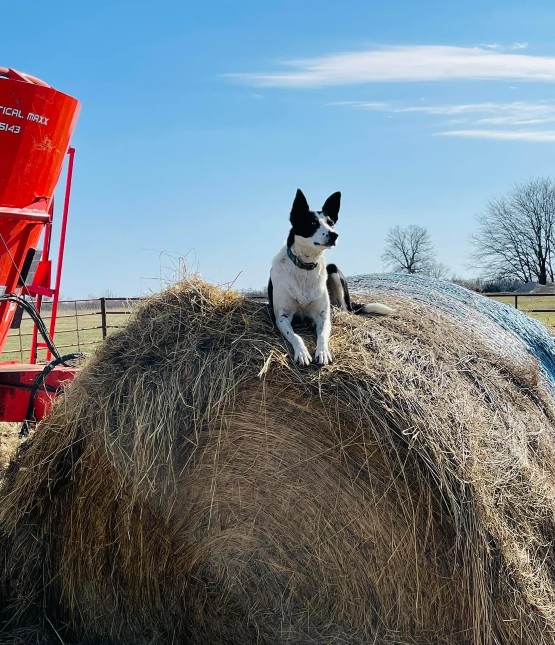
Find what you were looking for?
If not, give us a shout! Contact us or explore more helpful resources below.
